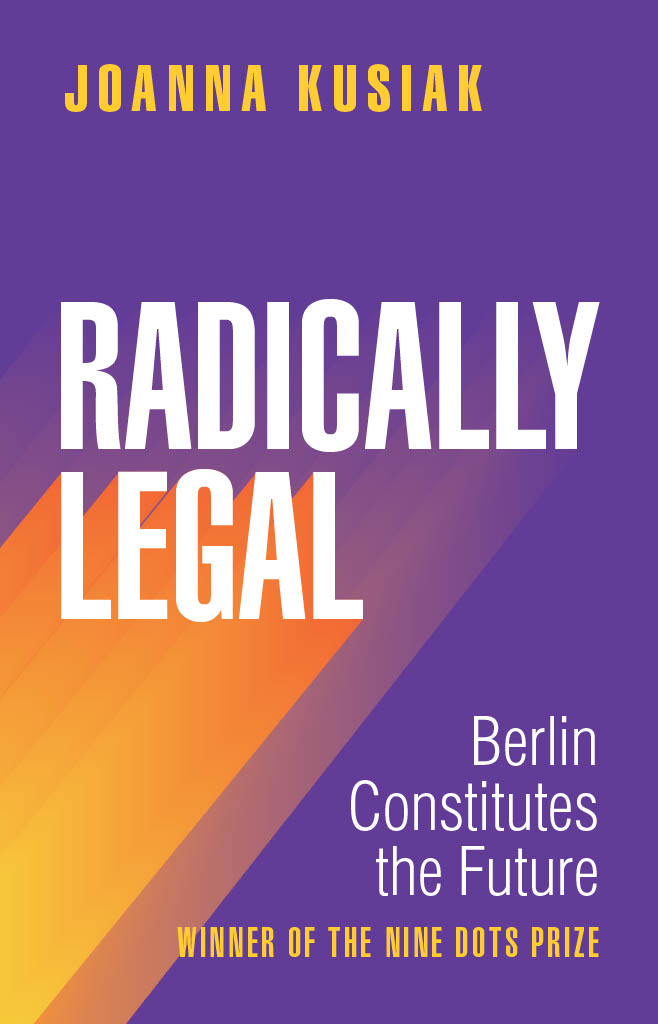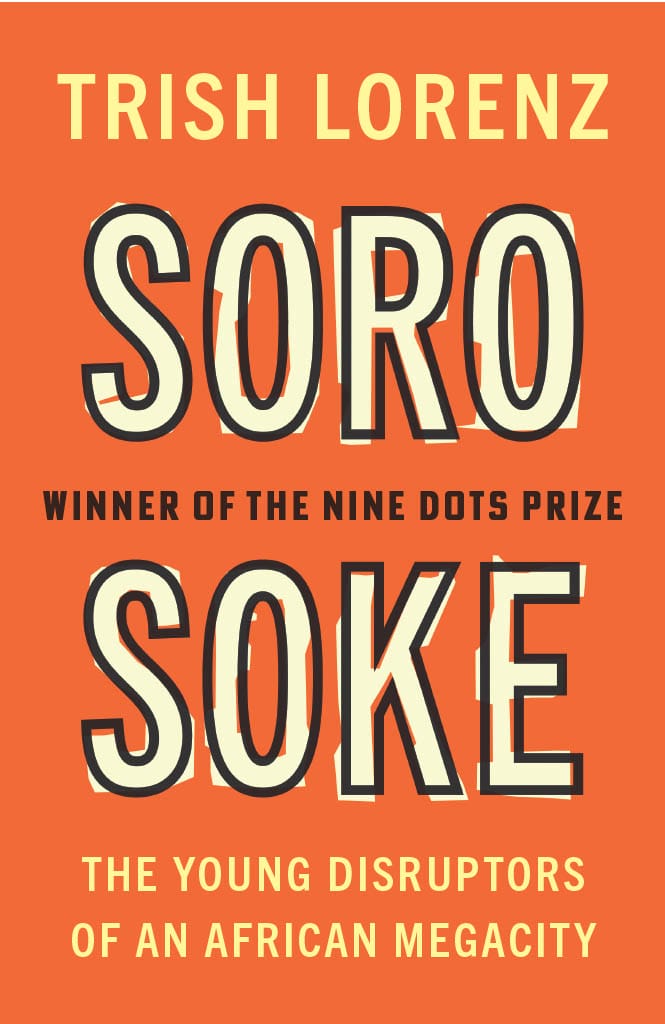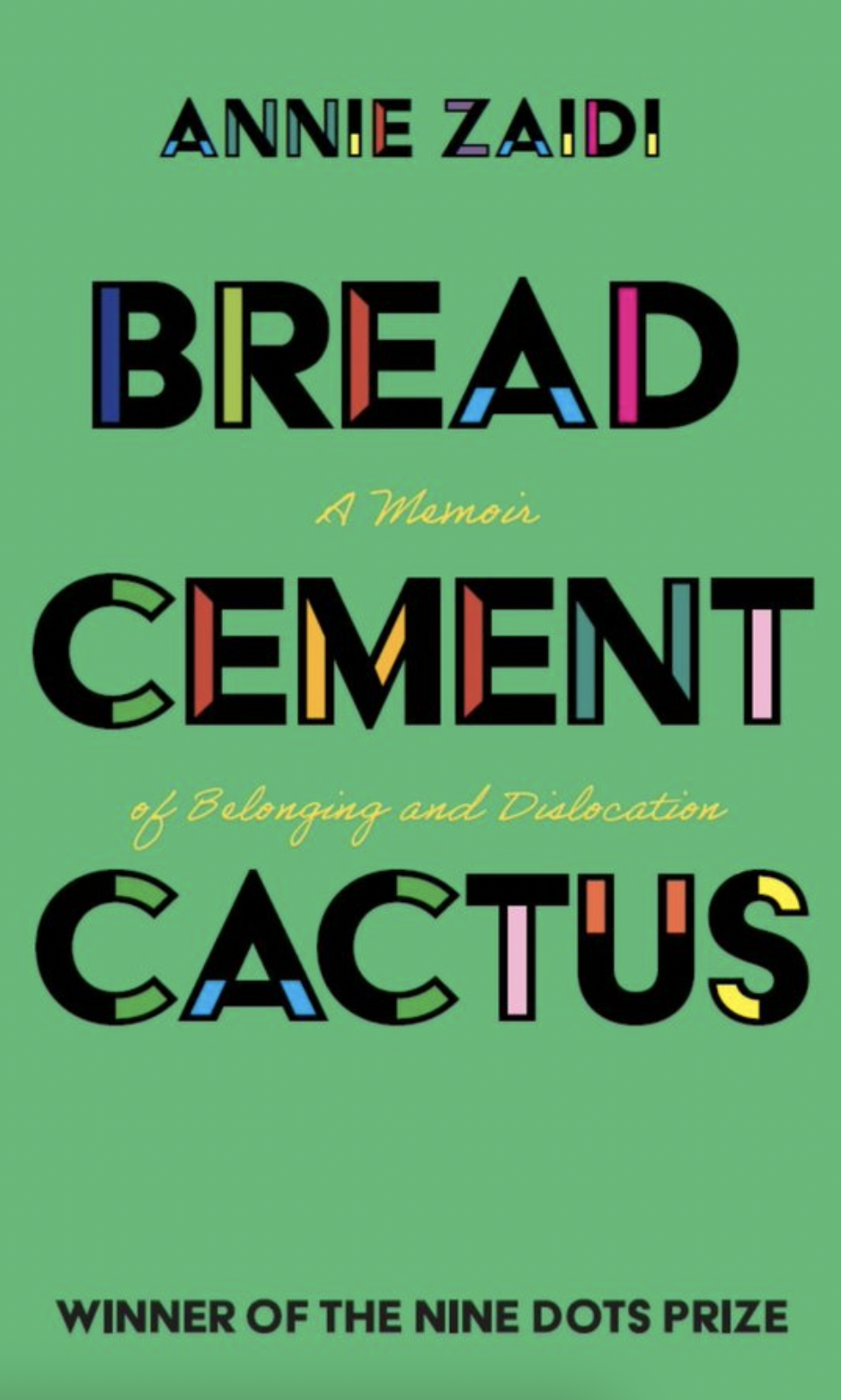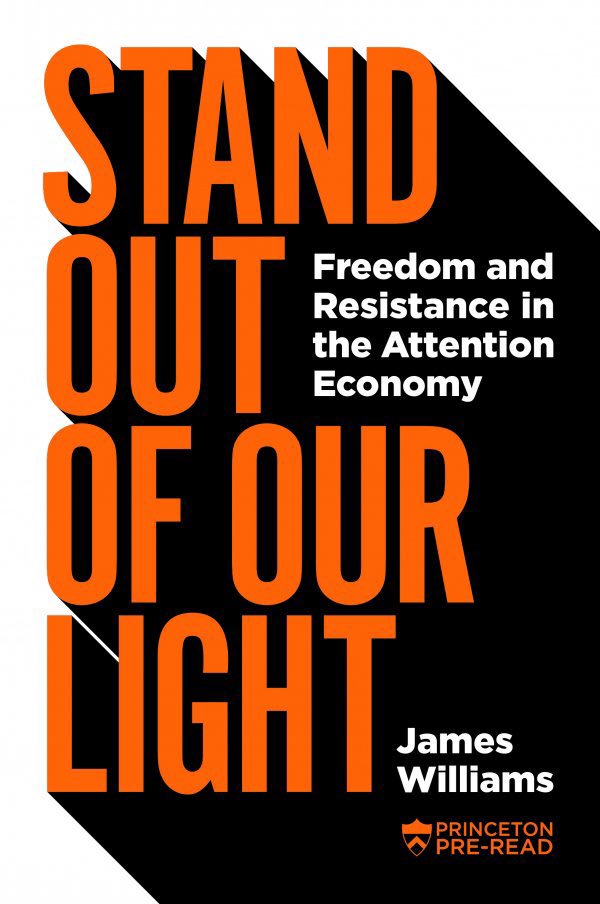Transcript of Nine Dots Prize podcast 7: ‘Beginnings’
20 September, 2024
Jane Tinkler
Hello and welcome to this podcast for anyone interested in applying for the Nine Dots Prize or just generally curious about writing non-fiction. I’m Jane Tinkler, Senior Manager for the Prize and we hope that this podcast will help guide and inspire your writing.
As Plato said in The Republic “The beginning is the most important part of the work.”.
So, in this episode, we’re going to explore what makes an effective beginning to a writing project, how to collate your ideas and the ways to get started, putting pen to paper.
Michael Rosen
One of the things I do before I start anything is daydream. Sometimes children asked me what my favourite subject at school and I was say daydreaming. Kind of naughty but true.
Milica Momcilovic
There is a moment where you need really to start writing. You know, I always say to myself of, okay, you have collecting enough. And all the angles that are interesting to you. There is a story there
Lee Child
We have to be realistic. It’s about the first 50 words now. It’s about the opening paragraph. Really, the opening line. So, that’s huge pressure, enormous pressure on the writer. You’ve just got to present it and you’ve got to do it in such a way that the reader doesn’t know that they’re being sucked in.
Jane Tinkler:
We are going to hear from three brilliant writers who are going to share their advice and insights on how to approach the starting line and makes a good beginning. Let’s meet them.
Lee Child
Hi, I’m Lee Child, internationally bestselling author of the Jack Reacher series, let me say thanks for the invitation to be on the podcast with you. And that question is huge. What a huge question. And it really gets down to everything. I think that’s involved in writing.
Michael Rosen
I’m Michael Rosen, I write children’s books, I teach children’s literature at Goldsmiths University of London, and I’m a broadcaster. I present a programme called Word of Mouth, all about words and language on BBC Radio 4.
Milica Momcilovic
Hi, I’m Milica Momcilovic. I’m science editor at Radio Television of Serbia. And I’m basically science journalist for 20 years now. I’m also involved with associations of professionals. One of them is Balkan network of science journalists. The other is a BSW, which is British. And I’m also past president of the World Federation of science journalists, which is our global and unique organization in the world. And I’m a judge at Nine Dots Prize.
Jane Tinkler:
For those applying for the Prize, you will have our question as your starting point. But even so, a key part of starting any writing project is thinking about what approach to take to your subject matter. Perhaps the best approach is to find inspiration from the world immediately around you.
Milica Momcilovic
Which path you take, that’s a hard one. and different roads, you know, you can proceed one road and other than others. So if you look at from this perspective, or you look at it from that perspective, it’s always comes, you know, what’s important to you? Where do you see that question for example, coming up in your neighbourhood, in your environment where you spend time and you need to put yourself in other shoes. you are you are writing your story, but you need to try to feel the others through and try to understand.
Jane Tinkler
Once you’ve established this local or empathetic ground, you can begin to build up your analysis or look more widely. Don’t be afraid to trust your instincts to drive you forward. Michael Rosen certainly considers drawing on personal experience as a great advantage when forming a relationship with the topic and with your audience.
Michael Rosen
The thing is, we’re all experts in something. Now, you may not feel like you’re an expert, but you’re an expert in your own experience. And these experiences are huge. You know, you’ve got all the experiences of the years you’ve been on this planet, all the things you’ve seen and heard and thought and felt, all your senses and things you’ve imagined the things you remember, which is a great body of experience. So one of the key things to do with your experiences is, first of all, don’t minimize it. Don’t say that. It’s nothing. Of course, it’s incredibly important, whoever you are. So what you want to do is find the personal angle, how does this matter, this big issue, this big question, impact on me, and people I know, people in my family.
So let’s say you’re writing about being lonely, about loneliness, and how that’s a problem in life. For some people, well go into your experience of loneliness. You make yourself raw, you use your life experience, and never feel that somehow or other, you’re not entitled to say it costs you’re entitled to say,
Jane Tinkler
Creating an opening line that grabs the reader can be a tricky task. One place to look for help is in your first responses to the question at hand. Your initial thoughts may not become the first line of your essay. but they can be enormously useful in guiding the spirit of your writing.
Milica Momcilovic
I find it very important because its sets the path, it sets the narrative. And it’s usually the most genuine one is there with that first line. And I wouldn’t recommend not keeping that line, you know, I would always recommend looking at that first line. You can always later fact check then and fix some things if they’re not accurate. But the story is yours. And you need to start from you and from your instinct.
Michael Rosen
Sometimes when you’ve got a rush, when you’ve got a kind of sense that oh, this is really good. Then get it down, because you have to capture it. I sometimes find I actually lose quite good ideas because I didn’t have my phone with me. I didn’t have a pen didn’t have a pencil. And then I get home, and I think, oh no, what was that idea and it is so irritating. Splash it down, get it down, as if you’re throwing it down out of a glass of water, splash it down onto the page. It doesn’t matter. You may use it you may not because you may bounce off it later. But just get that first thing down on paper in case you lose it.
Jane Tinkler
At the start of a piece of work, you are your only and possibly harshest critic. But Lee Child argues that you have to bypass that critical voice and be confident in your writing from the start
Lee Child
Any kind of book, if it’s going to stand a chance of success, it has got to be vivid, it’s got to be alive, it’s got to have a beating heart of its own. And the only way you can guarantee that is to make it the product of just one imagination. It’s yours, nobody else’s, what you’ve got to do is just do exactly what you want to do. And if you yourself personally, are 100% satisfied with what you’ve done, then somebody else will be too. And that is, takes a lot of self-confidence in today’s world, because you’re swimming so strongly against the tide. So, you’ve got to have that confidence to make it long and patient and slow at times, and tender at times.
Jane Tinkler
Lee is right – it’s important to be patient and take the time to formulate a sensitive but self-assured idea of where you will take your piece. But inevitably, there is an actual moment when you have to sit down and actually begin writing. What does Lee do to get in the zone?
Lee Child
What I do is, I remember those occasions where you’re in a good book and for some reason, you have to stop reading it. And then you pick it up later, and you cannot wait to find out what happens. And so that’s the feeling I wanted to create for myself as a writer, I cannot wait to find out what happens. And then I use that momentum to push ahead, inventing what I’m going to do today,
Jane Tinkler
We already know that Michael Rosen is pro-procrastination. Let’s dig a big deeper into how it features in his writing process
Michael Rosen
You can’t write really unless you give yourself space and time to daydream. So, there’s the daydreaming that you do before you get going. just jot things down as they come into your head. Don’t worry about making it a sentence. And then don’t be afraid to daydream as you’re going along. And also, of course, when you get stuck, and we will get stuck. Never worry about that. When you get stuck. Just go into daydream mode. Just if you’d like shutting your eyes, shut your eyes, I sometimes do it. And in your daydreams, try to focus it. So, one little phrase that may help you there is what if. If it’s about a nonfiction thing, what if streets were different? What if there was no poverty? What if there were no wars? What if there were no guns? Do you see? So, you can do a what if, and that can take you to the next bit.
Jane Tinkler
Michael’s right – we all get stuck sometimes – and daydreaming can be a way to find a new way forward. What does Milica Momcilovic do when the words just won’t come?
Milica Momcilovic
I believe in writer’s block; I experience that when I start story and collecting something. But then I always have couple of couple of stories that I’m interested in. And when I get stuck with one, I learned that I should let it go. Just leave it there for a while, and then come back to it. Because the pursuit, something that when you’re blocked, it doesn’t work well. And it shows I don’t know it shows in writing, because you’re stressed, it makes you make mistakes. So, I learned it’s better to leave it for a while, then you naturally come back to it.
Jane Tinkler
Something that all our writers agree on is that at the beginning of any piece of writing, it is vital to connect with the reader. One easy way to do this is to find an example, analogy or image that is arresting, something the audience recognises and can relate to. As a science journalist, Milica often uses unusual examples or images to connect the average reader with scientific stories that can feel remote, complicated or academic.
Milica Momcilovic
I try to find the connection to the everyday life. For that maybe the example can be one of the articles that I wrote on the bipolar disorder. I was watching Homeland; the main character has a condition.
Jane Tinkler
Milica is talking about Carrie Mathison, the lead character of the hit tv thriller Homeland. Carrie is a CIA agent who lives with bipolar disorder and her condition is frequently referenced throughout the show. When Homeland first premiered in 2011, it was seen as pioneering in its representation of people living with bipolar disorder and working high-powered, stressful jobs.
Milica Momcilovic
It got me thinking about the bipolar disorder, about how you connect with the general public. And because almost everyone was watching homeland, that was the that was the catch. Thanks to this, you know, let’s call it pop culture, elements, general public can relate to that, and then maybe learn something. Because as a journalist, I also feel that we have responsibility of what we are writing, how we are publishing something. Is it completely solid? Is it evidence based? And how that would influence the public.
Jane Tinkler:
Accessible examples are exceptionally useful, but can sometime be hard to find, especially if you’re trying to explain something complicated like quantum computing. Sometimes, you’ll have to look a bit harder to find them, and some examples might mean, referencing the puzzle that the Nine Dots Prize is named after, thinking outside the box
Milica Momcilovic
Maybe there is not that angle that you can use so, it resonates with the public. But then again, if I had to write about quantum, I would start rewatching some science fiction movies, and try to find the connection.
Lee Child
You start by saying what does the reader want?
Jane Tinkler:
As Lee says, you’ve got to keep your audience front and centre. Focus on developing a relationship with them from the get-go.
Lee Child
What promise are you going to make them at the very beginning. And there’s a number of promises that you’ve got to make. One is that, hey, this is going to be a really great, interesting story. But you’re also implying the tone of voice, that the book is going to have the perspective, the kind of moral centre, all these various things are stated upfront, in the opening. Incredibly complex balance to strike, it’s got to be instantly attractive. But it’s also got to hold out the promise of length, depth, involvement, and immersion.
Jane Tinkler:
So, you want to be bold, hook the reader with a question or a problem and tease a solution to encourage them to read on. Let’s hear an example of how Lee does this in the opening of his novel, Gone Tomorrow
Lee Child
Suicide bombers are easy to spot. They give out all kinds of telltale signs, mostly because they’re nervous. By definition, they’re all first timers.
And that’s the opening paragraph. And what I was hoping to do, there was intrigue, obviously, how do you spot a suicide bomber? And then we emphasize that really in the, in the second sentence, they give out all kinds of telltale signs. And we’ve thought, okay, what signs, so you’ve got a promise there. First of all, it’s going to be an exciting book about suicide bombers. Secondly, we’re going to learn how to spot one in the company of a grizzled old veteran who takes this kind of thing with a bit of black humour. And you cannot resist reading on to find that out. Because that is something that is hardwired into humans. That is my experience, that if you ask or imply a question, and then you don’t answer it, people will stick around waiting for the answer.
Jane Tinkler
Children’s writer Michael Rosen is world renown for bringing a playful approach to his craft. And for him, a good beginning acts as a signpost, guiding the reader into the topic while preserving their curiosity.
Michael Rosen
Well, there are many ways to begin, the key thing is you’re trying to grab the attention in some way or another. There’s also the idea that when we write, this sounds quite complicated now, it’s called reveal, conceal. That as you write, what you do is you reveal something but at the same time, by revealing it, you’re also concealing it. So, take the most obvious beginning of all, once upon a time. And when you say once upon a time, you’re revealing that this is a folk story, or a fairy story, it happened a long time ago, but you’re not saying what it is.
Jane Tinkler
Reveal and conceal – pose a question and tease the solution – solid strategies for beginning any piece of writing. But any beginning begins with a wisp of inspiration. And if you are alert, inspiration to set you off writing can be found all anywhere.
Michael Rosen
The blank page in front of you, it can be daunting, if you’re lucky, there’s a phrase in your head or something that somebody has said, that is the thing that triggered you to want to write anyway. If not, you have to go around searching and thinking either in your brain or in books or wherever.
I mean, I was lucky on one occasion, I was out with some children by the River Thames. And we were underneath the railway bridge, and the children were getting excited about the noise the train was making. And I said to them, if you come over here and put your hands on the bridge, you can feel the rhythm of the train. And as I said it, that phrase, hands on the bridge, feel the rhythm of the train. It just fell into my lap, if you like, as a phrase that I could use to begin a poem about rhythm and rhyme. So it went, hands on the bridge, feel the rhythm of the train, hands on the window, feel the rhythm of the rain, hands on your throat, feel the rhythm of your talk, hands on your leg, feel the rhythm of your walk. So, I was lucky with that, that it kind of set it all off.
Jane Tinkler
That was Michael’s poem – ‘The Rhythm of Life’. With that poem, Michael’s inspiration came quickly. Other times, it can emerge slowly and it’s important that allow your thoughts to percolate. But don’t forget, as a writer, you already have a wealth of inspiration to draw on from your other life…as a reader
Lee Child
I don’t plot, I don’t plan because what I want to achieve is all based on how I feel as a reader. You’ve got to be aware, as a writer, you are the reader, you’re a huge reader, nobody becomes a writer, unless they are a huge reader beforehand. So, you’ve got that database, it’s in there already. So, your whole DNA is essentially shaped by the theory of narrative. The great ones, you remember, the bad ones, you also remember, because you’re not going to make those mistakes. So, to say I don’t have a plan, or an outline is absolutely true in the short term. But in the long term, it’s not, you know, I’ve read 1000s and 1000s of novels and stories. And so, in my head, yeah, there’s a sort of generic outline of how to write a book.
Jane Tinkler
Michael Rosen goes one step further….
Michael Rosen
You can also steal lines from people, you can use quotations, the thing is in a way we write with what we read. That’s to say, when you sit down to write, you’ve got all your experiences. But the way you put things into writing is very, very much informed by the fact that other writing has come before you. You know, you just think of books that you’ve read, you could take some books off the shelf, and just play the opening gambit game, that’s to say, just take 10 books and see which of those 10 books, the opening lines grab you the most.
Jane Tinkler
The Nine Dots prize is all about original thinking in response to questions about contemporary societal issues. How would our writers face taking on such a task?
Lee Child
You know, the worst way of doing it is what you might call a sort of traditional academic approach which is to use the first paragraph as a kind of summary of what is going to come later. If you say this thing is a big societal problem, and what we ought to do is A, B, and C, and then you carry on developing that argument later, people are not going to read it, because they’ve got the answer that they were promised within seconds at the beginning.
Milica Momcilovic
Starting with a question is really, journalists think we are in a way trained to ask questions that there was this rule of five questions that you need to answer – who, when, why, what. I ask myself questions every day. And just recently, because I was travelling from Cape Town to Dubai and there was a severe rain there and I was really trying to figure out the relevance to climate and how this happened in such a short time. Every one of us ask question every day.
Jane Tinkler
Even if you’re not looking to answer the prize question, setting your own question might be one way to foster intrigue in your reader
Lee Child
You’re a fresh voice, you’re not some boring old fart, who’s saying something everybody’s seen before. State the problem, promises solution, and indicate a manner that is going to be friendly, illuminating, and interesting, even wild, even crazy. You know, if it is a radical alternative that you’re suggesting, don’t be afraid of that. So, I would say to people hold back, make them wait for the answer, it gives you time to develop the argument. But do it in a manner that is attractive to people, because that gives people the reason to stick with you and absorb your argument as you go along, before you give them the payoff.
Jane Tinkler
Our next episode will look at the equally important topic of endings. After that, it’s over to you – draw us in with your brilliant beginnings and we will join you for the ride. We launch again with a new question on Friday 11 October 2024. We’re looking forward to receiving your entries. Let’s hear a final word from each of our writers
Michael Rosen
When you open a piece of nonfiction like this, you want to make the familiar, unfamiliar. So writing is very, very familiar to this audience. And to most of you listening because we know what writing is, we walk around, we see ads, we write letters, we do social media, and so on, and we write pieces. So, it’s very, very familiar. So, you want to make it unfamiliar in order to attract their attention.
Milica Momcilovic
I’m always choosing honesty as the beginning, because it’s instinct and we are humans. The story is yours. And you need to start from you and from your instincts.
Lee Child
The main advice I think is it is not a formal thing. This is like being down the pub. Whatever your aspect of expertise is, if you go to the pub, and can explain or persuade another person, you are already a riser and all you’ve got to do is to not change. Don’t put on the uncomfortable colour and tie. Don’t think that it’s all formal. It isn’t, it is personal communication.
Jane Tinkler
Thank you to Lee Child, Milica Momcilovic and Michael Rosen for their wonderful contributions. Thank you also to Loftus Media. Let’s end with a final tip from Lee.
Lee Child
I think the biggest stumbling block is people think that it’s a hoity toity, fancy process and it totally is not. It is that the simpler you make it the more vernacular you make it the more like that pub conversation you make it the better



